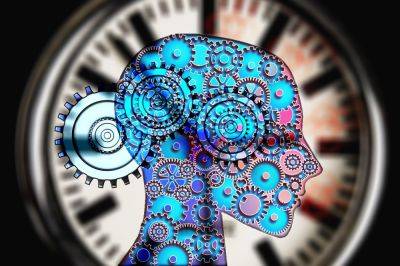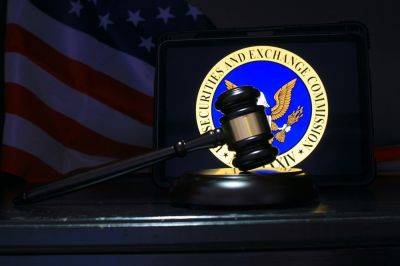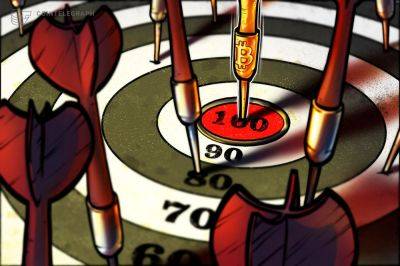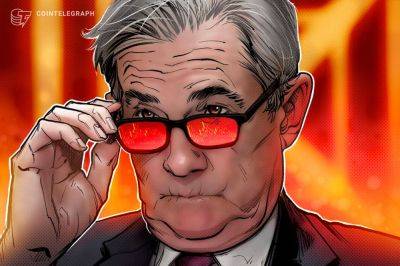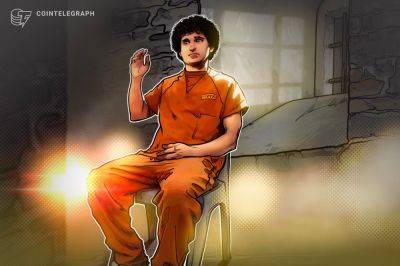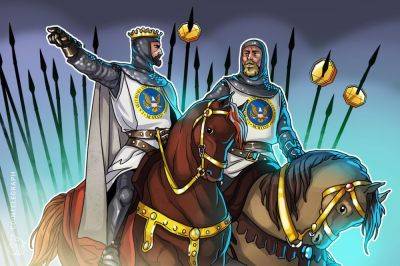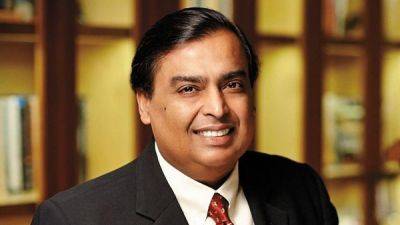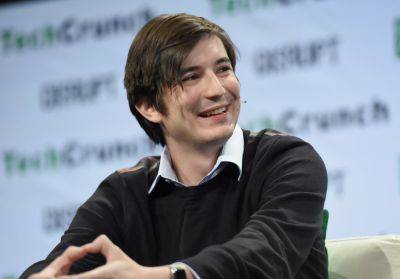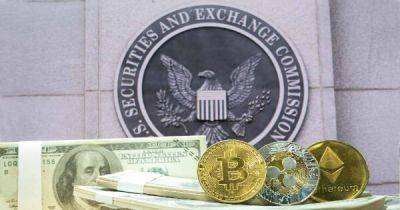AI can be a ‘creative amplifier’ — Grammy chief exec Harvey Mason Jr.
Using artificial intelligence (AI) in creative industries is not an entirely new phenomenon. Whether in color-correcting images or cleaning up vocals, the technology has been deployed for years.
However, since the emergence of generative AI chatbot ChatGPT made AI tools widely accessible to the public, there has been a stir surrounding the technology’s place in the arts. Music industry giants like Universal Music Group have been active in trying to manage AI-generated content.
Most recently, the Recording Academy — the institution behind the yearly Grammy music awards — updated its guidelines for the 66th Grammy Awards nominations to reference AI-generated music.
The Academy’s stance allows music with AI elements to be nominated for an award, but the category for which it is nominated — e.g., songwriting — must be created by a human. The institution said it doesn’t want to limit innovation but is still highlighting human creativity.
Cointelegraph spoke with Harvey Mason Jr., a record producer and the current CEO of the Recording Academy, about the future of the music industry with AI in the picture.
When asked why the Academy started to outline rules for AI usage in Grammy-eligible songs, Mason said he and his colleagues quickly realized there would be implications in the submission process.
He gave the example of an AI composition being eligible for a composing award, so long as the human participation or contribution is significant, a factor determined through a process of de minimis as defined in the Grammy rulebook.
Mason said the Academy has been doing a lot of “studying and working” with members of the creative community, members of its copyright office, different platforms, labels and legal experts to determine AI
Read more on cointelegraph.com


